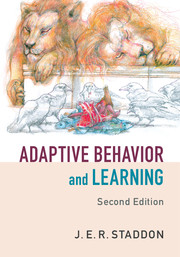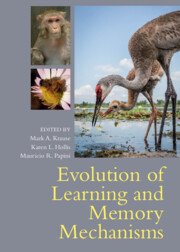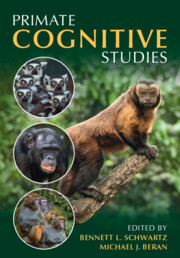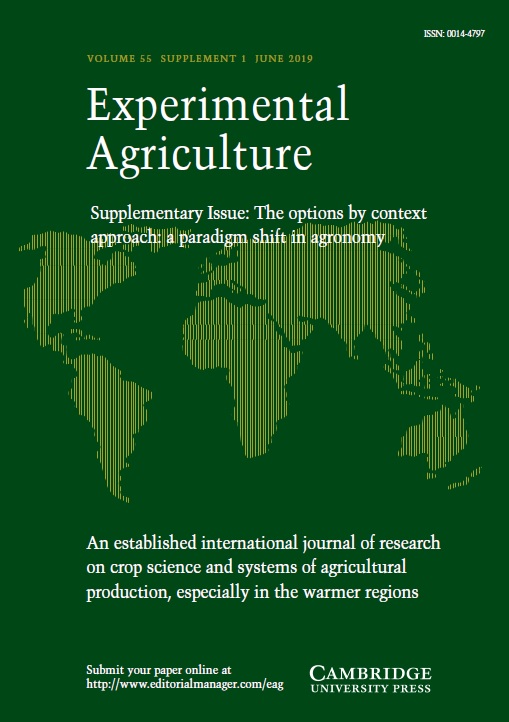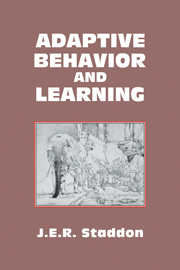Adaptive Behavior and Learning
Every day at about 4:30, Jazz, a Hungarian Vizsla dog, leaps up on the sofa and looks out for his owner who always comes home at 5:00. He doesn't need an internal clock because he has an acute sense of smell that allows him to measure how long his master has been absent. Explaining complex behavior in simple ways, this book is a fascinating exploration of the evolution, development and processes of learning in animals. Now in its second edition, there is increased emphasis on development, evolution and dynamics; new accounts of taxic orientation, reflex induction, habituation and operant learning in organisms; more discussion of spatial learning and the processes underlying it; expanded chapters on choice and completely new chapters on molar laws, classical conditioning theories and comparative cognition. J. E. R. Staddon provides a definitive summary of contemporary theoretical understanding suitable for graduates and advanced undergraduates.
- Provides an integrative review of the principles of operant conditioning and related processes
- Shows the essential common features of phenomena from habituation to memory
- Finds simple ways to explain complex behavior, including mathematics - technical but accessible
Reviews & endorsements
'… a remarkable contribution that will appeal to a broad range of scientists.' Andrea S. Griffin, The Quarterly Review of Biology
Product details
March 2016Paperback
9781107442900
611 pages
246 × 173 × 27 mm
1.22kg
208 b/w illus. 5 tables
Temporarily unavailable - available from TBC
Table of Contents
- 1. The evolution, development, and modification of behavior
- 2. Variation and selection: kineses
- 3. Reflexes
- 4. Direct orientation and feedback
- 5. Operant behavior
- 6. Reward and punishment
- 7. Feeding regulation: a model motivational system
- 8. The optimal allocation of behavior
- 9. Choice: dynamics and decision rules
- 10. Foraging and behavioral ecology
- 11. Stimulus control and cognition
- 12. Stimulus control and performance
- 13. Molar laws
- 14. Time and memory, I
- 15. Time and memory, II
- 16. Template learning
- 17. Learning, I
- 18. Models of classical conditioning
- 19. Learning, II
- 20. Learning, III: procedures
- 21. Comparative cognition.

